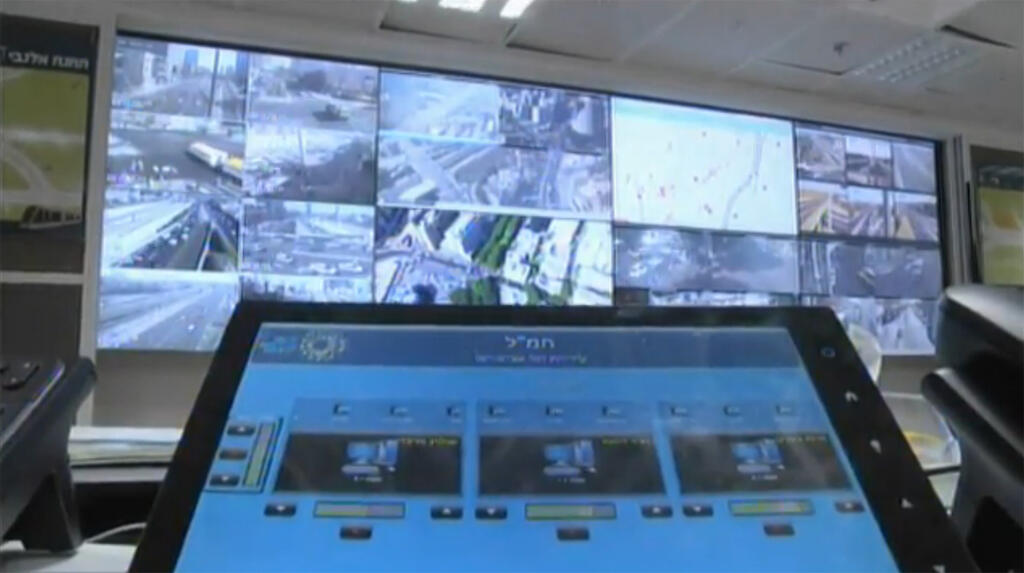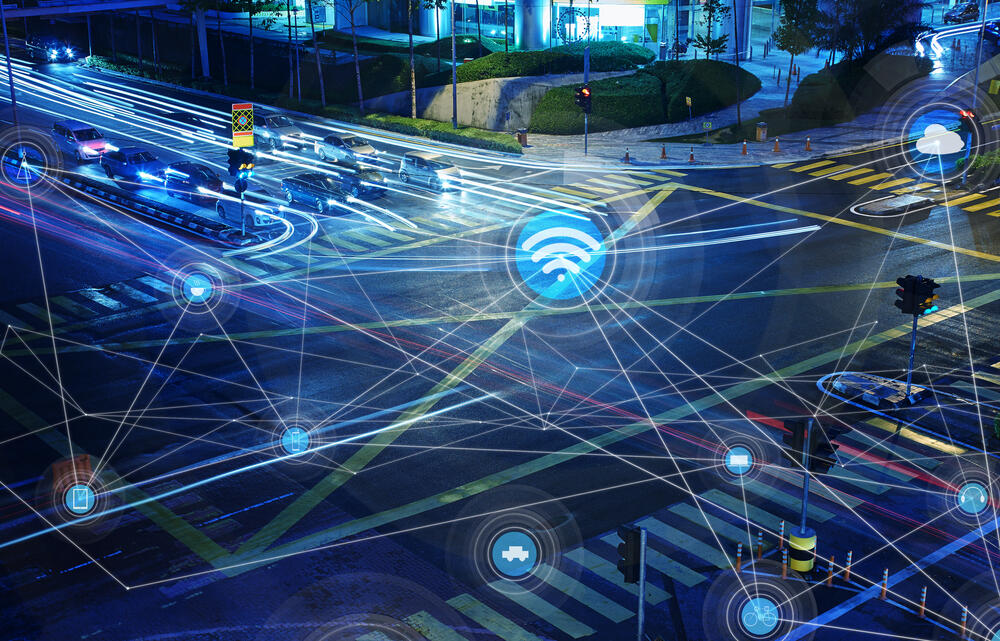The Smart Cities project in Israel is part of the urban and regional planning vision that has become dominant over the past decade. The project includes a combination of information and communication technologies and IoT solutions in a secure manner in order to manage the infrastructure and assets of cities and communities, handle community services and maintain order and security of citizens.
Read more:
In simple words, the use of a great deal of information and maximum utilization of technology and the creation of cities and communities in a "closed circle" format that enables control, improvement of the quality of life and some would say also improvement and upgrade aspects of law enforcement, security and protection.
This is not exactly true. There is no doubt that the quality of life of citizens in "smart cities" has been improved and upgraded but it caused serious damage and harmed the safety, security and protection of their residents.
In terms of the practical technical aspect, the guards were replaced by cameras and smart gates and a variety of technological and applicative toys, municipal command and control rooms were established that can protect us from earthquakes or nuclear missiles, God forbid, but mayors and councils and their people did not really understand how to operate in those areas, what the priorities are during routine times and during escalation or war, and especially did not understand that technology cannot completely replace the human factor and its physical presence.
The National Security Ministry joined the “smart party." Israel Police, which at the national level did establish important and efficient enforcement infrastructures (means of control and rapid detection to prevent crimes, and effective means of investigating after they were committed), but at the local municipal level it was very convenient for police stations to enter under the technological umbrella, and police officers and patrol cars were replaced by flashing lampposts and cardboard patrol cars.
And what is intolerable is that when control rooms have already been established by the councils and municipalities and more police stations have been built within the communities, and I know of several localities where the distance between the municipal control room and the police station is no more than "100" meters, no one thought of creating a joint “war room” that operates not only on issues of security and community, but also on issues of public order and law enforcement.
Psychologically, everyone believed that the city and the community were so smart that there was no need to think independently and thinking, initiative and creativity were replaced by passivity and degeneration.
Creating a smart city full of cameras, applicative gates and a variety of technological accessories does not mean reducing guards, security and policing forces completely or to the bare minimum. Establishing a smart service and security concept does not mean eliminating thinking in general, critical thinking in particular, initiative and action.
Sad to say, but this was reinforced after the outbreak of the war and during it, and the conduct of the state and its attitude toward the populations in the north and south, the perception of security on the eve of the war seems to be a broken mirror image of what is happening in the rest of the country with regard to securing communities, maintaining law and public order.
Cities were "caught with the cameras and gates down", some of which turned out not to be operated at all out of wisdom, municipal security and police forces did not understand how to cooperate during escalation and war because until the war there were no such forces to practice it in routine times. A municipal war room and a police hotline did not know how to create a common language.
After the outbreak of the October events, due to the application and wisdom of cities and communities, they began to operate only patrols and checkpoints by volunteers in order to seal the areas, creating what sounds good and a little in fashion - peace of mind and a sense of security. But municipal areas cannot really be sealed, and a sense of security is sometimes just a feeling and not necessarily real protection and security.
And after a month, suddenly in one moment all the checkpoints and patrols were removed and the false quiet was back in fashion. None of the officials in the councils and communities thought it was time to take action, to develop creative, independent and proactive security and defense concepts and plans, including integrated systems that can include many elements and not necessarily only technological and stupid, but human and smart.
Since October, I have volunteered and lectured in a number of municipalities and heard a few mayors say that there are not enough security guards, not enough weapons and not enough budgets and resources, and mainly they said that the state decides and leads everything, and suddenly it seemed to me that these local leaders sounded a little less creative and charismatic, and mostly very whiny and limited.
It's time to wake up, we can't sit back and wait for the next act. We have to be independent and creative and understand that security is not just about protection and response but early preparation and prevention.
 Liran Segal Photo: Courtesy
Liran Segal Photo: CourtesyThis is the time to establish close contact with police and law enforcement agencies and to build an active and creative security and protection program in accordance with the terrain and urban space.
This is the time to create tenders that include first-rate manpower and security companies and to combine mobile and stationary security platforms, both defensive and offensive, human and technological.
It's time to be a little less led and responsive and more independent and proactive. It's time to be a little less "smart" and create less "a sense of security and peace of mind." It’s time to create more real security, real protection and quiet. It's time to become a smart, secure and safe city.
- The author is a consultant and lecturer in the fields of reconnaissance and covert security operations, with a specialized focus on the human factor within covert operations and the preservation of personal and asset confidentiality.





